‘100% of Poles are convinced that they are right about the Volyn tragedy.’
Let's start with the topic of historical memory, which is increasingly being used as a political tool. We are talking about blackmail by Polish politicians regarding support for Ukraine on its path to the EU and NATO. Do you agree with this assessment?
I would not use such strong words as ‘blackmail.’ There is a state policy based on public opinion. 100% of Poles are convinced that they are right about the Volyn tragedy. Our task is to engage in dialogue, constructively resolve problematic issues, study this history and form a reasoned position for ourselves, in particular regarding exhumations, which affect how we are perceived. If we compare the situation a year ago and now, the issue of exhumations has almost disappeared from the negotiation process precisely because we have begun to take action.
A working group is in place, and research has begun in the village of Puzhnyky in the Ternopil Region. Permission has been granted for further research in Lviv, which has reduced the intensity of the issue. It remains in public discourse, but our practical actions reduce the scope for manipulation, particularly by Russian propaganda.
How ready do you think Polish society and politicians are for compromise?
We need to understand the sensitivity of this issue. Politicians cannot ignore the demands of voters. But we are already seeing results: the President of Ukraine has established a constructive dialogue with the Prime Minister of Poland, and the ministers of foreign affairs and culture are working on the issue.
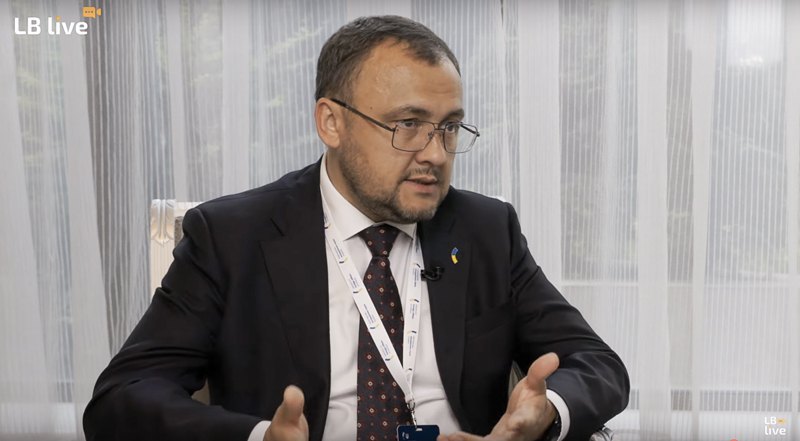
Our task now, during this period of change in government, is to establish dialogue with the new president and continue our practical work. This requires time, effort and overcoming bureaucratic barriers, but we are on the right track. I am convinced that historical issues should not become a barrier to our cooperation.
Poland, like Ukraine, sees Russia as the main threat. And although these issues may not be directly related, there is a consolidated understanding in Polish politics of the importance of supporting Ukraine in the war.
‘The principle is simple: we honour the victims on both sides of the border, we do not divide them into Polish or Ukrainian.’
Is there now a chance to reach a common position on honouring the victims of the Volyn tragedy?
Absolutely. The first exhumations took place in May this year in the former village of Puzhnyky in the Ternopil Region. DNA identification is currently underway. This will be followed by reburial and the installation of memorials.
Permission has been granted for excavations in Lviv, where Polish Army soldiers died in 1939. This is not directly related to the Volyn tragedy, but it is part of the historical work. New permits are also being processed, in particular in the village of Huta Pieniacka, which is directly related to the tragic events.
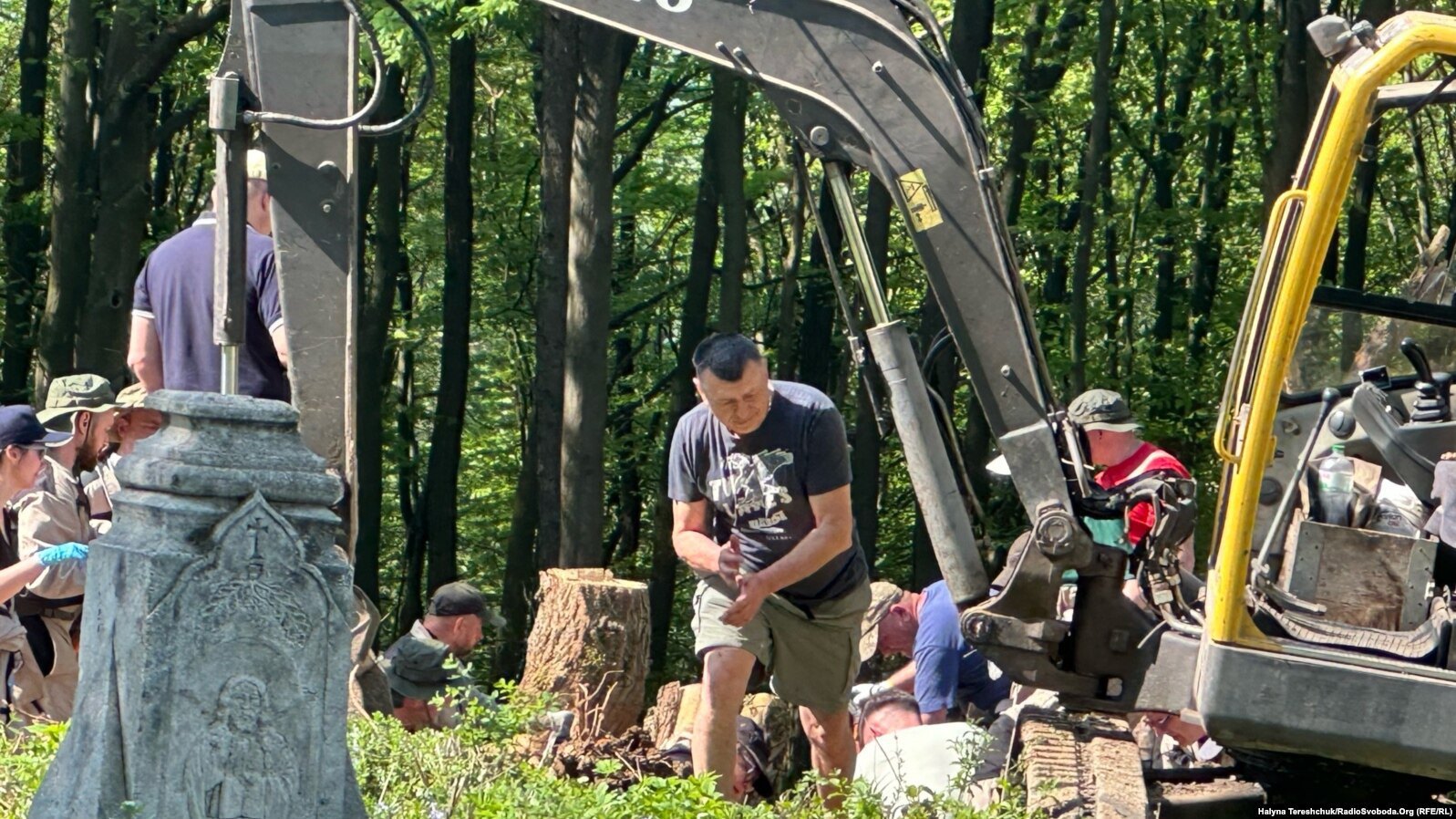
We have preliminary permission to excavate near Yurychkov, 40 km from Przemysl. We are working in full cooperation with the Institute of National Remembrance of Poland, the Ministry of Culture and other institutions. We are open and follow all formal procedures.
The principle is simple: we honour the victims on both sides of the border. We do not divide them into Polish or Ukrainian, but show respect for each of the dead.
‘Poland continues to provide assistance to Ukraine’
If we compare Poland's military-technical assistance in 2022–2023 with the current situation, what has changed?
In 2022, Poland provided the largest amount of assistance, including tanks, the first Leopard tanks and other weapons — a total of up to 5 billion (dollars — Ed.). Today, the assistance continues. We have received the 46th package, and the 47th is being prepared. There is humanitarian support and cooperation in the military-technical sphere. I cannot disclose the details, but it is a beneficial cooperation. The number of training programmes for Ukrainian military personnel in Poland has also increased. The Ukrainian Legion is operational: volunteers are signing contracts, perhaps not in the numbers we would like, but the process is ongoing.
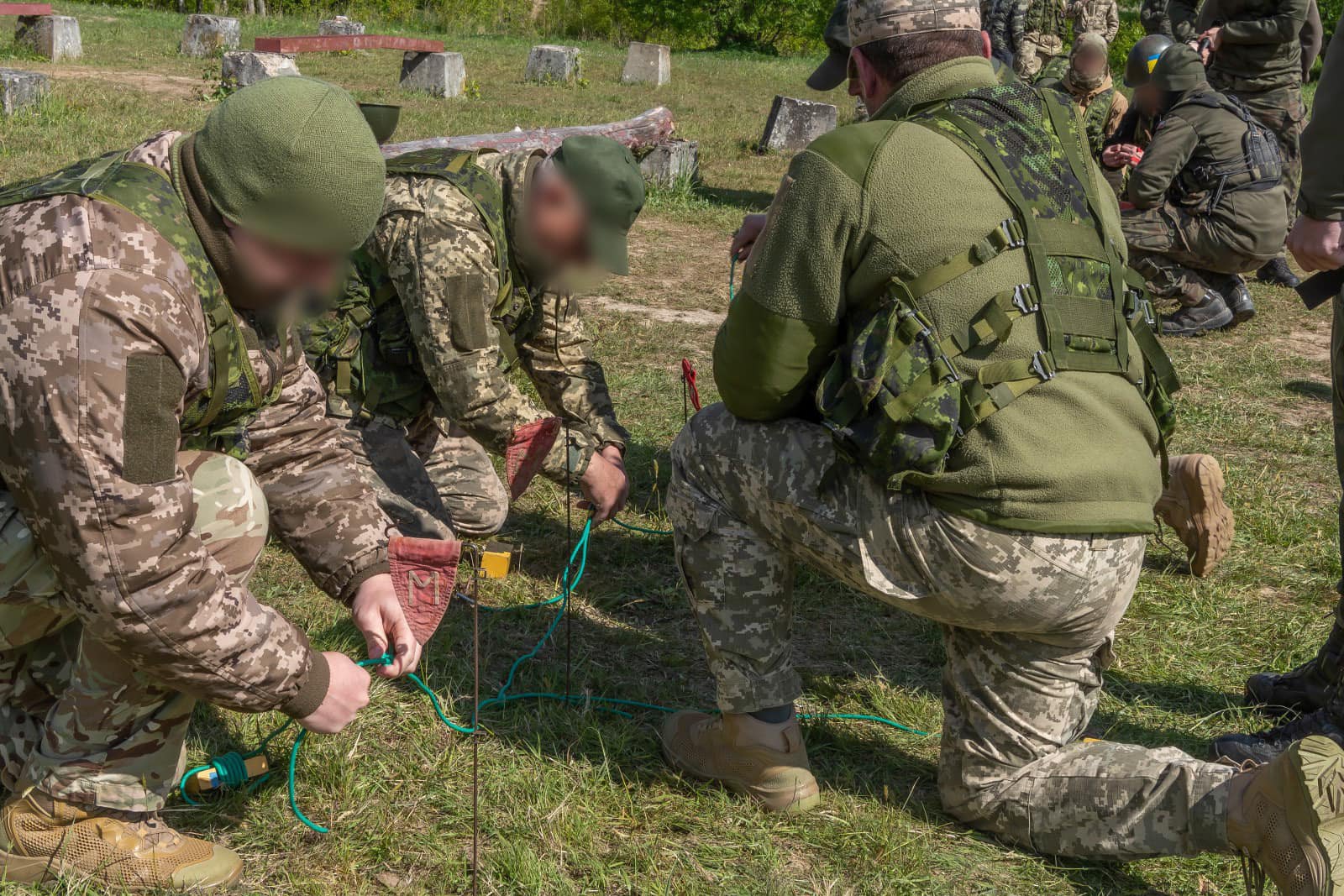
What about projects to produce weapons for Ukraine?
They exist. But I cannot talk about them publicly — it is a military secret. When the time comes, we will announce it. Because the enemy never sleeps. For example, there were fake documents claiming that Ukrainians in Poland were being mobilised into the Armed Forces of Ukraine. This is complete disinformation.
Are there any joint border protection projects?
It is more about development. We are working on joint control agreements that will simplify border crossings. In particular, improving infrastructure in Medyka—Shehyni, Chełm, and rail connections. This is important because millions of people cross the border every year. And we are not only talking about the Polish-Ukrainian border, but also the external border of the EU.
Poland recently elected a new president, Karol Nawrocki. How do you assess his policy towards Ukraine?
He will take office on 6 August. I already had a meeting with him in Chełm on 11 July. He is a professional historian and former head of the Institute of National Remembrance. This means that the topic of history will be important to him. But it all depends on how we build dialogue. We have already offered a telephone conversation and invited him to visit Ukraine. President Zelenskyy congratulated him on his election. So everything is in our hands. I do not see any threats of aid being cut at the moment.
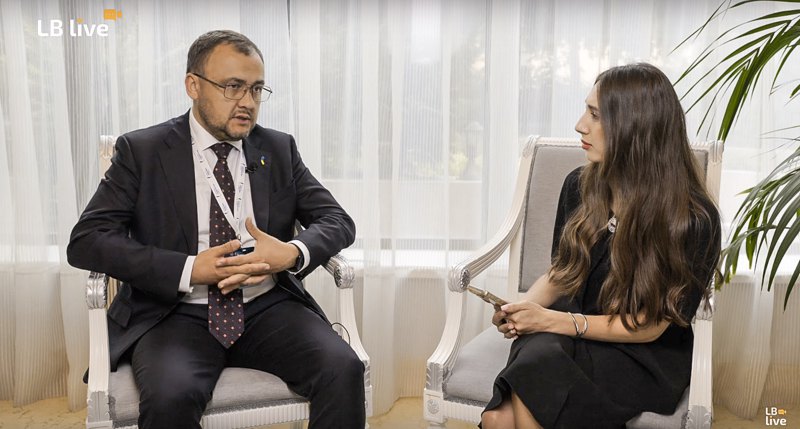
Polish farmers protested against agricultural exports from Ukraine. How serious was the situation?
There were indeed problems: grain being dumped, blockades. But thanks to dialogue between Ukrainian and Polish agricultural associations, the conflict was contained. For example, in November 2024 and May this year, there were attempts at blockades, but they failed. Polish farmers realised that blockades hurt them too, because Ukraine buys a lot of Polish products. There is competition, there are difficult moments, but we have learned to resolve them. And to agree on quotas, transition periods, compromises. The main thing is to avoid politicisation.
‘Ukrainians in Poland are not beggars, but full participants in the economic life of the country.’
And one last question. Has support for Ukrainian refugees in Poland really fallen?
This probably refers to public support, not state policy. Poland has granted Ukrainians practically equal rights with its citizens (except for voting rights). Currently, 69% of the 998,000 registered Ukrainians in Poland are employed. They contribute about €22 billion to the economy each year, which is 2.7% of Poland's GDP.
Those who do not work receive assistance, but the costs associated with them are five times lower than the income generated by employed citizens. Therefore, the Polish state benefits more. Yes, there are stereotypes and political manipulations, but Ukrainians are not beggars, but full-fledged participants in the economic life of the country.
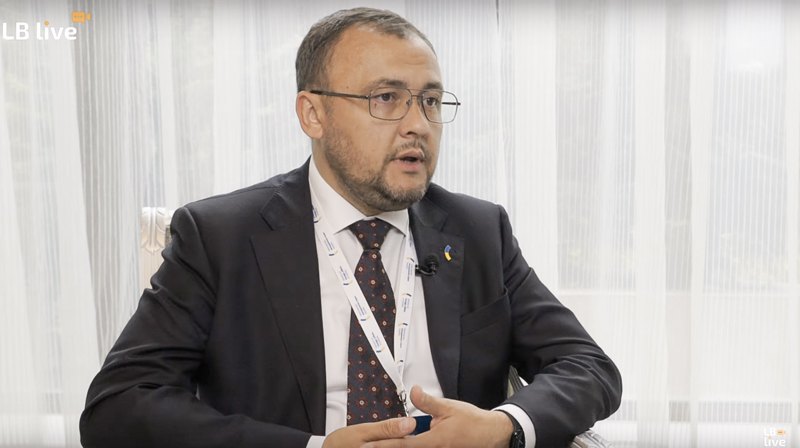
At the same time, it is important not to provoke: not to demonstrate excessive consumption or a luxurious lifestyle, because this causes social tension. But in general, our citizens help the Polish economy. 79,000 Ukrainian businesses have been established, ranging from hairdressers to factories. They provide jobs and contribute to the local economy. But most importantly, we are guests. And guests do not make demands, they engage in dialogue. This is a task for both diplomacy and the media.








